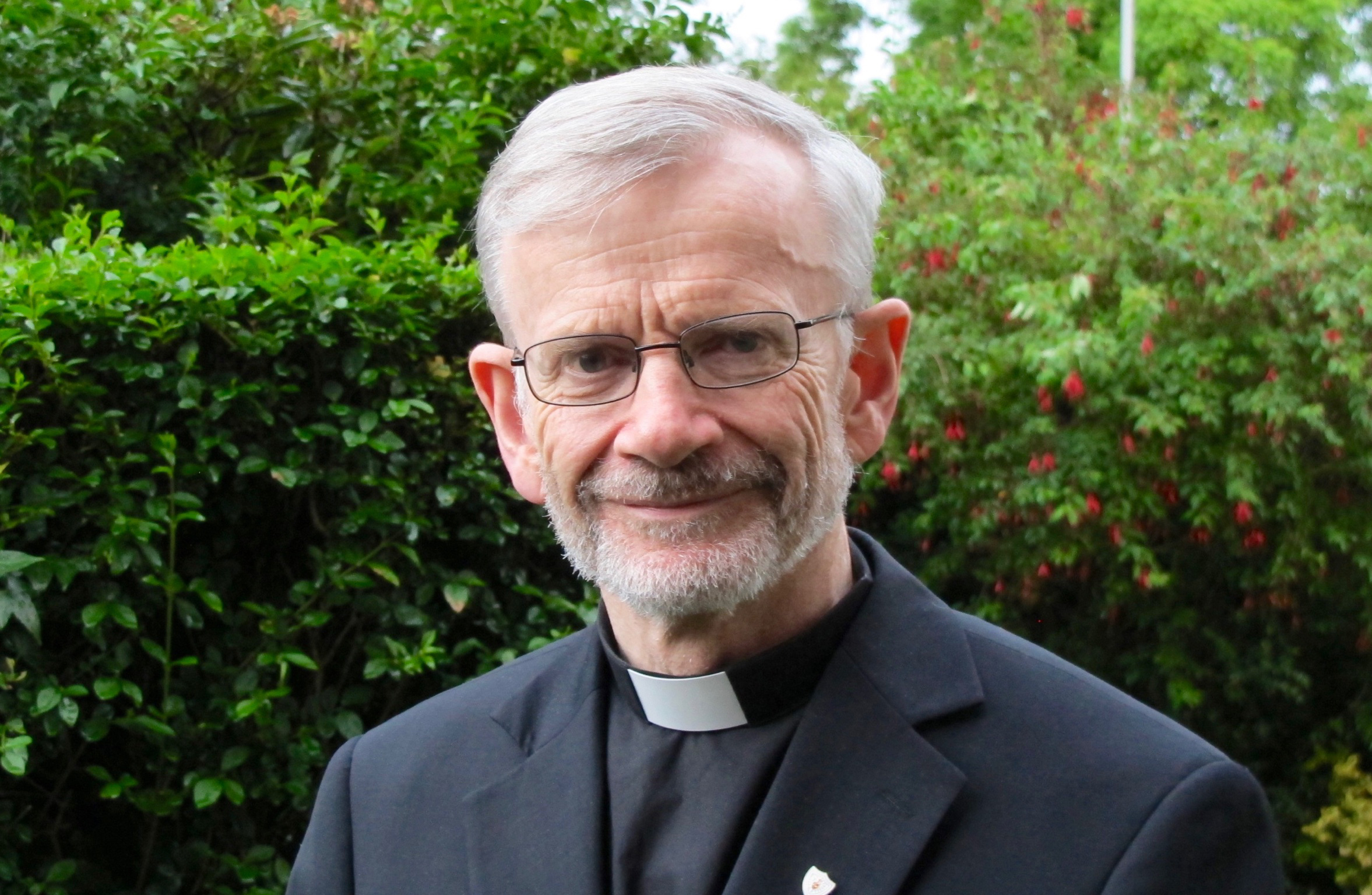This article was published by Mail on Sunday on Sunday, 29 December, and was written by Bishop Alan McGuckian (pictured above) of Down and Connor.
This weekend, in anticipation of welcoming 2025 in a few days’ time, Catholics here and around the world enter a Jubilee Year of celebrations on the theme of ‘Pilgrims of Hope.’
Specifically, across the island of Ireland, this year-long jubilee will be opened with special Masses celebrated in each of our twenty-six cathedrals. So why now and what will it be all about?
In Catholic tradition a jubilee is a special moment of grace, a time of renewal and a new beginning, a time for forgiving debts of people experiencing great stress, an opportunity to release those who are oppressed, and a moment of conversion for each of us individually and collectively as a society. The Jubilee Year is also a time of pilgrimage, a time of prayer, wherein we reflect on the purpose our own life journey and on where we are going.
Coincidently, this Wednesday, 1 January, the Church will mark the 58th World Day of Peace. The theme chosen by Pope Francis for Day of Peace 2025 is ‘Forgive us our trespasses: grant us your peace.’ Both the World Day of Peace, and the Jubilee Year, are timely opportunities that prompt a very important call to action from each of us, from our country and our world.
Here in Ireland, there continues the need to achieve a lasting reconciliation, as well as a collective longing for hope. Despite our apparent economic prosperity, many people are angry and disenchanted; they believe that their voices are not being heard. This should be addressed by an urgent need to listen and for the formal instigation of a social dialogue mechanism to help come to terms with economic, societal, and cultural change.
Without a properly structured and resourced social dialogue, our society is in danger of being fractured to such an extent that extreme views, and even misinformation, can cause not just confusion but profound disaffection. If we are not careful, this disaffection can also have implications for political life, including participation in the democratic process.
Again, Catholic Social Teaching points us to the principle of subsidiarity, a structure whereby decisions affecting people are taken as close to them as possible – that they know they are included in the process and not treated as numbers or mere commodities. In the interest of respecting diversity, upholding religious freedom in all of this is very important, including space for outreach to all Churches and faith communities on an ongoing basis.
The situation in our world today demands a new response; one centred on the dignity of every person and the imperative to act in solidarity with those most in need and to serve the common good. It also demands that we act to counter injustice and inequality in our world, to bring about structural change whereby the goods of the earth are not the preserve of the privileged few, but rather are accessible to all.
Each of us can serve the common good by opposing war in all its ugly forms, including the growth of the arms industry and its unbridled influence on world politics and peace. This new response, for a world based on peace, is a call to stand up for the protection of human life at every stage and in all circumstances, and it demands that we confront the many interconnected challenges that the care of creation – our common home – faces.
The appalling scenes of war and human destruction that we are witnessing in Gaza, as well as in Ukraine, Sudan and various other places, are a reminder to us that our world is very ill and in need of urgent healing.
The Irish Bishops have been forceful in calling for an immediate ceasefire in Gaza, including the release of hostages and, in seeking to have a permanent and just peace established, one which respects the rights of Palestinians and Israelis to a homeland state and also the status of Jerusalem’s holy sites. For this to happen, we need dialogue and engagement from countries such as Ireland. But how is this to happen?
The recent closure of Israel’s embassy in Dublin is deeply unfortunate. Diplomacy is so much needed at a time like now to achieve lasting justice and peace and to try to build a world rooted in hope. To underpin this goal, there ought to exist an effective and structured mechanism for dialogue with faiths in Ireland, including the Jewish community, that enables government engagement. Here again is another reason to establish a dedicated State ministry, or permanent secretariat, to provide outreach to Churches and to all faith groups. Such a novel initiative would reflect the reality that, in 2025, the plurality of voices in Ireland are to be truly heard and respected. Over these days, as Fianna Fáil and Fine Gael lead in drafting a new programme for government, consideration ought be given to creating a serious model for communicating within our multifaith society. Such a mechanism for dialogue would serve peace, the common good and the successful sharing in the future of our island.
This Jubilee Year of 2025 calls on each of us to have a change of heart so that justice, peace and mercy may take hold, and so that hope can be restored. In the words of Pope Francis in his upcoming World Day of Peace message: ‘The cultural and structural change needed to surmount this crisis will come about when we finally recognise that we are all sons and daughters of the one Father, that we are all in His debt but also that we need one another, in a spirit of shared and diversified responsibility.’
Wishing a happy and peaceful new year to you and to your loved ones!


